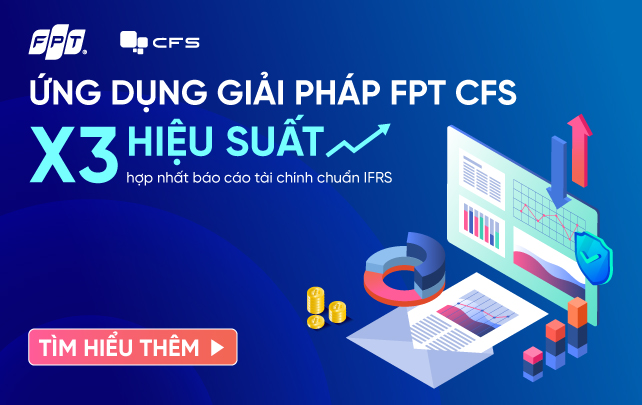In today’s diverse and complex business environment, the application of international accounting standards (IFRS) is becoming increasingly necessary. However, the transition from national accounting standards (VAS) to IFRS is not easy, especially for the auditing industry. This article will delve into the challenges that auditing professionals face when making this transition, along with trends and solutions that can help the auditing industry overcome these challenges.
Future trends in the auditing industry
According to data from the International Federation of Accountants (IFAC), future trends show that the auditing industry is gradually shifting from simply checking the accuracy of financial data to providing strategic consulting services. In a recent survey, 65% of auditing professionals admitted that they are facing increasing demand for strategic consulting services from clients. This requires auditors to have a deep understanding of the business and internal processes of companies.
In addition, the audit industry is gradually turning to new technologies such as artificial intelligence and data analytics to improve the efficiency and accuracy of the audit process. According to a report from the American Institute of Certified Public Accountants (AICPA), more than 70% of audit firms have started investing in digitalization projects to improve the efficiency and accuracy of the audit process. This requires innovation and continuous learning from auditors to meet the ever-evolving needs of the market.

Challenges in the transition process
One of the biggest obstacles is the difference in standards. According to a study by the International Federation of Accountants (IFAC), about 40% of the regulations in IFRS are different from VAS. Typically, this is the recognition of revenue, the classification of contracts and the determination of the value of financial instruments. This difference requires auditors to have a deep understanding of both systems of standards to apply correctly in business practice.
The next challenge is the complexity of financial reporting. According to the American Institute of Certified Public Accountants (AICPA), IFRS requires financial statements to be more detailed and diverse than VAS. This poses a challenge for companies and auditors in understanding and implementing these reporting requirements accurately and reliably.
The requirement for internal audit is also a significant difficulty. The transition to IFRS requires companies to have stronger internal controls to ensure the accuracy and reliability of financial information. This poses a challenge in establishing and maintaining appropriate internal control procedures.
Finally, training and capacity building for staff is a challenge. The transition to IFRS requires audit professionals to have extensive knowledge of the standard. Therefore, investment in training and capacity building is necessary for audit firms to overcome this challenge.
Read more: 4 factors to help the financial reporting conversion process between VAS and IFRS succeed

Solutions for the Audit Industry in IFRS Conversion
Short-term Solutions
Auditing firms need to invest in continuous training programs to improve the capabilities of their employees. For example, a study by the American Institute of Certified Public Accountants (AICPA) found that 85% of auditing firms have increased their IFRS training over the past year. This helps employees familiarize themselves with the new requirements and update their knowledge to adapt to the new environment.
Collaborating with organizations and partners that have experience in implementing the IFRS conversion can help auditing firms address the challenges more effectively. For example, some firms have established strategic partnerships with consulting and training firms specializing in IFRS to share knowledge and experience.
Long-term Solutions
Auditing firms need to invest in new technologies such as artificial intelligence and data analytics to improve efficiency and accuracy in the audit process. According to the US Audit Technology Report, more than 60% of firms have invested in modern software solutions to optimize the audit process.
The audit industry needs to strengthen cooperation with other industries such as information technology, finance, and strategy consulting. Cooperation with technology companies helps the audit industry gain a deeper understanding of new technology applications and how to use them in the audit process. This cooperation not only helps the audit industry access new technologies quickly and effectively, but also helps them gain a deeper understanding of how to use them in the audit process.
By applying short-term and long-term solutions with specific databases and information, the audit and accounting industry can face the challenge of converting from VAS to IFRS effectively and sustainably.
In the context of converting from VAS to IFRS, the audit industry faces many major challenges. However, with professionalism, innovation and investment in human resources and technology, the auditing industry can overcome these difficulties.
Read more: Apply IFRS standards in financial reporting in Vietnam













